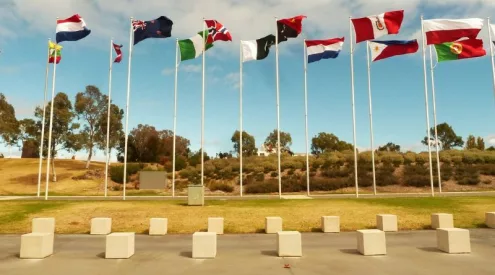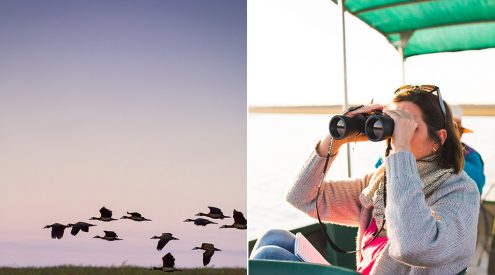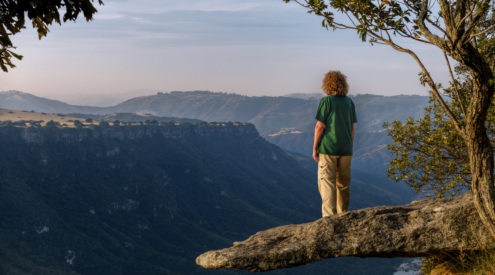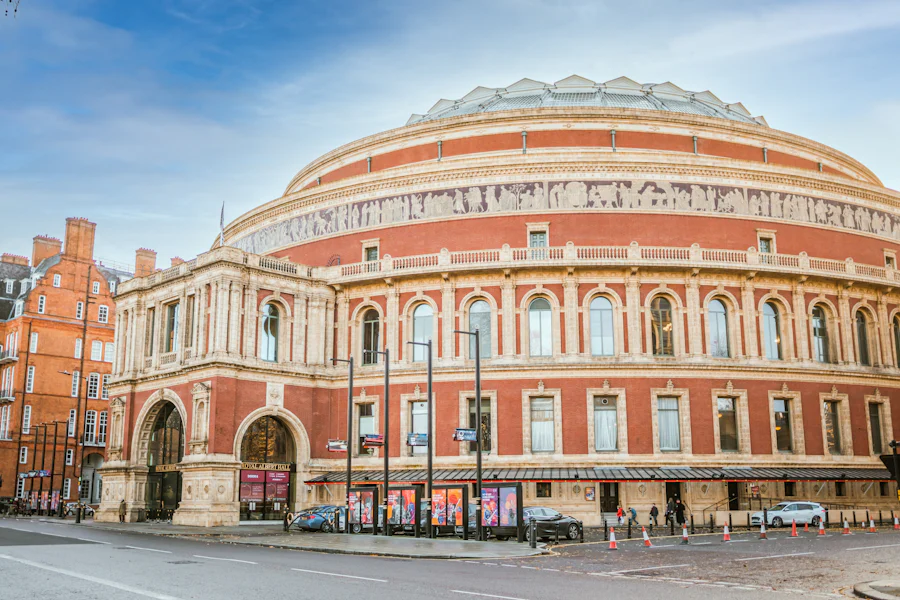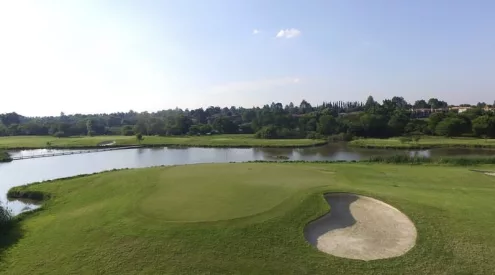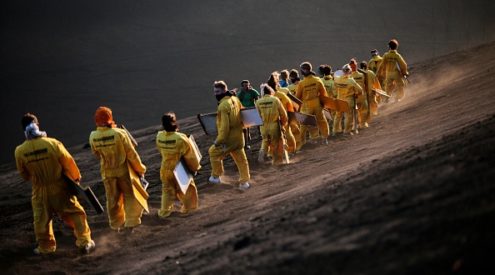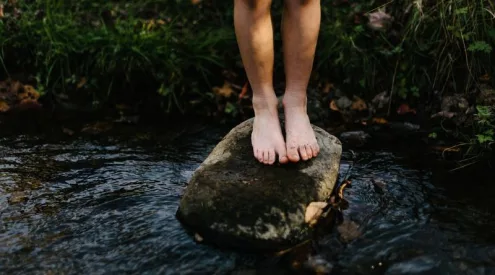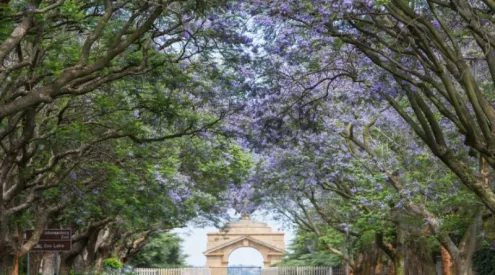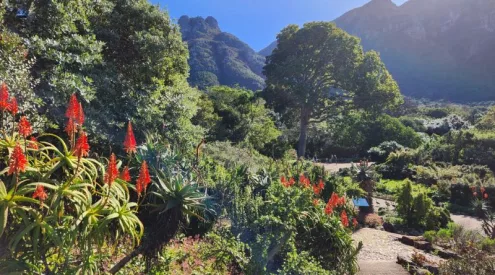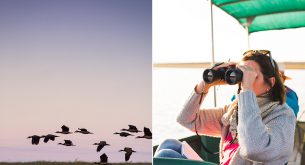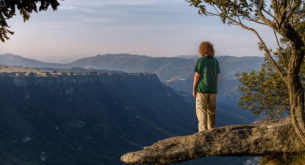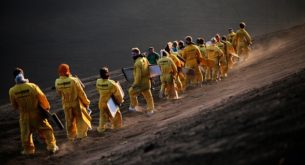South Africa has plenty of inland dams and coastlines with popular angling spots, but the World Wide Fund for nature (WWF) has noted that catch rates are decreasing as more and more people participate in recreational fishing.

The WWF has partnered with the South African Shark Conservancy (SASC), the Oceanographic Research Institute (ORI), the South African Institute for Aquatic Biodiversity (SAIAB), and Rhodes University to publish a guide for responsible fishing in South Africa.
This guide was created in an effort to curb the rising problem of lowered catch rates, and has been released just in time for the summer when there is a spike in angling activities.
WWF South Africa spokesperson Junaid Francis explains why responsible fishing is so important.
“Recreational angling is fun and often passed down through the generations – but for us and our children’s children to continue to enjoy this pastime, we need to learn and teach the basics to ensure that recreational fishing is sustainable. Anglers have a critical role to play in reversing a decline in fish stocks. This guide presents the qualities and principles every responsible angler should strive for,” he says.
The WWF’s guide deals with various topics, from catch limits and permits to humane catch-and-release methods. It also touches on how, by sharing information about their catch, anglers can provide scientists with vital information.

Image: FishforLife
Here are the ‘golden rules’ for the responsible angler as outlined by the WWF:
1. Adhere to regulations
Anglers must have a valid recreational angling permit, adhere to the rules, use legal roads and tracks when entering fishing areas, and report any illegal activity such as environmental damage and pollution.
2. Negate harm to fish
All species must be handled in a manner that ensures their best chance of survival when an angler is performing a catch-and-release, and where a species is caught and killed, quick and humane methods should be used to provide the least amount of suffering; equipment that minimises stress and injury to marine life should be used.
3. Gather information
Anglers must be aware of the status of different marine species and the impacts that angling has on them. It is pivotal to record details of catches and to welcome recommendations from informed researchers and fishery managers.
4. Leave the area in a better state
Disposal of fishing lines and plastic must be done appropriately to ensure that the environment and area is in a better condition than when the angler arrived.
5. Carry out best practice
A responsible angler does not sell fish, and collects bait with minimal disturbance to the environment. An angler must act responsibly when taking part in activities that negatively affect conservation of marine life and resources.
6. Be a role model to others
A responsible angler leads by example, informing others about responsible and sustainable fishing practices.
The Responsible Angler: guidelines for responsible recreational fishing in South Africa is available here.
Featured image: Unsplash

